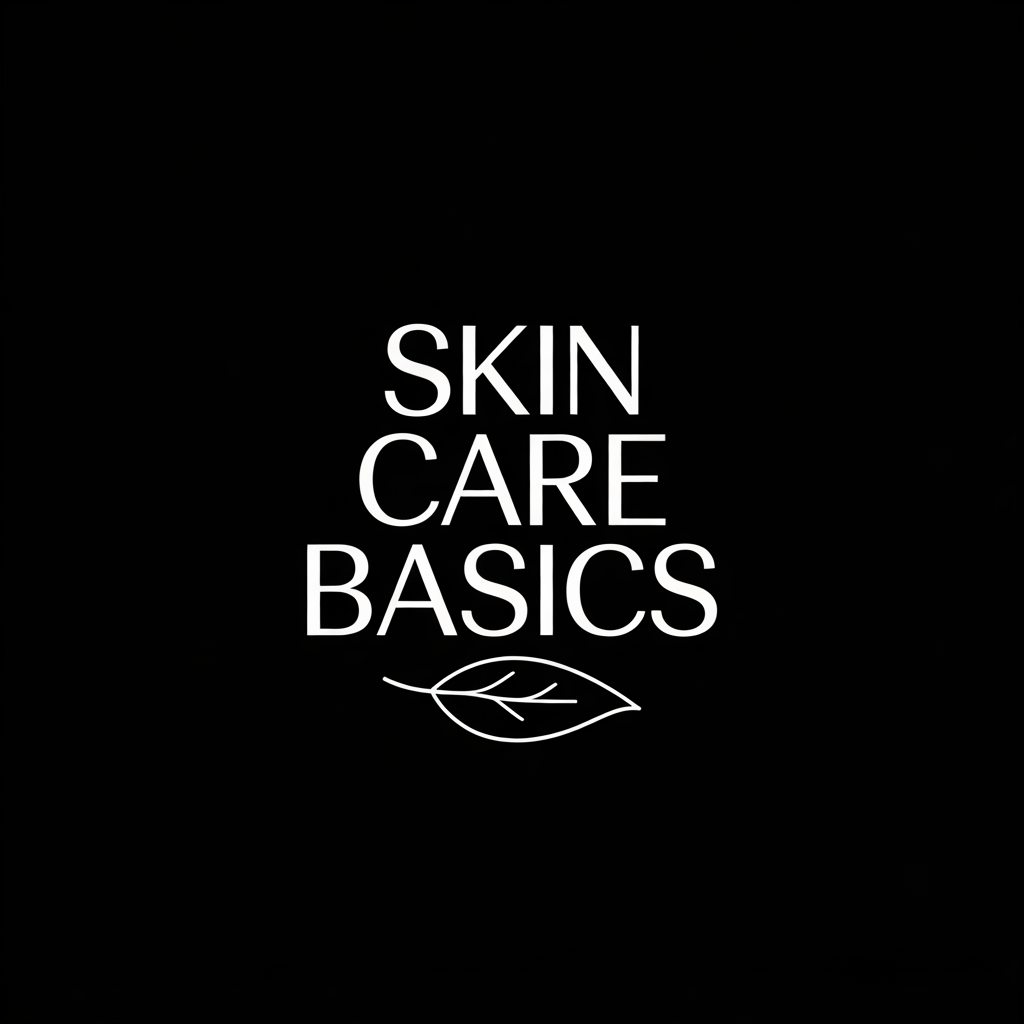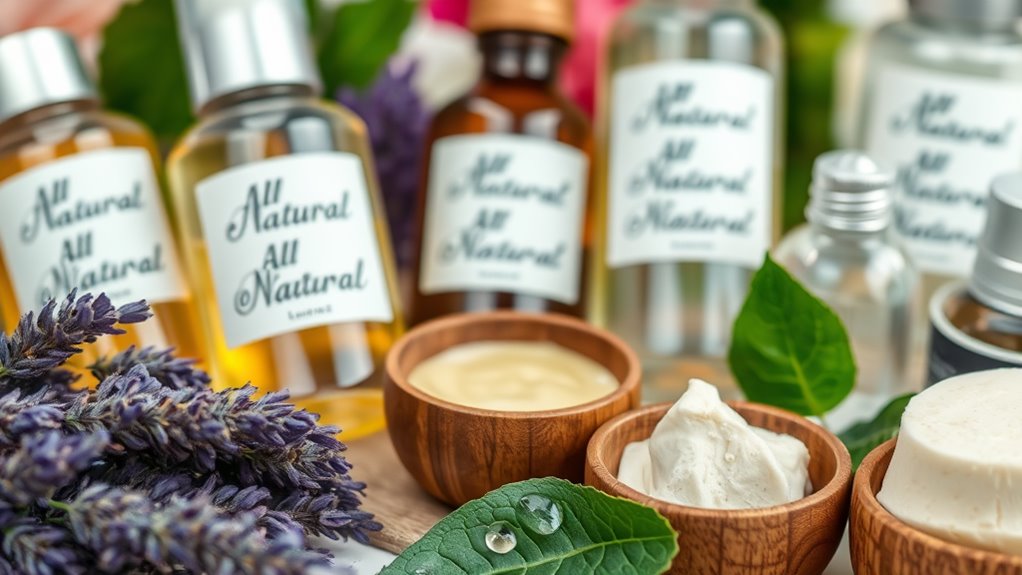The Truth About ‘All Natural’ Skincare Labels
Like the sirens of mythology, ‘all natural’ skincare labels beckon you with promises of purity and safety. However, the truth behind these claims is more nuanced than it seems. Regulatory bodies don’t define what constitutes ‘natural,’ leading to potential misunderstandings about product safety and effectiveness. Are you prepared to uncover the real implications of these labeling practices and differentiate between deceptive marketing and genuinely beneficial products?
Understanding ‘All Natural’ Claims
How can consumers navigate the often misleading world of ‘all natural’ claims in skincare?
Start by recognizing common natural skincare myths, such as the belief that all natural ingredients are inherently safe or more effective. Investigate the actual composition of products, as synthetic alternatives can sometimes provide superior benefits. Knowledge of ingredient sourcing and formulation transparency is crucial to making informed decisions about your skincare. Additionally, understanding the drawbacks of Vitamin C serums can help consumers avoid potential adverse reactions while seeking beneficial effects.
The Regulatory Landscape for Skincare Labels
Navigating the landscape of skincare labels requires an understanding of the regulatory environment that governs product claims.
In the U.S., the FDA oversees labeling but doesn’t define “natural.” This ambiguity allows brands to use “all natural” freely, often misleading consumers.
The Federal Trade Commission addresses deceptive marketing, but enforcement is inconsistent, leaving you to carefully evaluate claims for authenticity and compliance.
Common Misconceptions About Natural Ingredients
While many consumers assume that “natural” ingredients are always safe and effective, this belief often oversimplifies the complexities of skincare formulations.
Here are common misconceptions:
-
Natural means non-toxic****: Not all natural substances are safe; some can cause irritations or allergies.
-
Effectiveness: Many natural ingredients lack scientific backing for their efficacy.
-
Better for all skin types: Individual sensitivities vary, and natural doesn’t guarantee compatibility.
Identifying Truly Safe and Effective Products
Understanding the complexities behind natural ingredients is vital when identifying truly safe and effective skincare products.
Assess ingredient sourcing, extraction methods, and potential allergens. Check certification labels, as third-party testing can indicate product integrity.
Analyze skin compatibility; what works for one may not work for another.
Prioritize formulations backed by scientific research to ensure efficacy and safety for your skincare routine. Additionally, consider the skincare benefits of essential oils as they offer natural alternatives that can enhance the effectiveness of your regimen.
The Role of Synthetic Ingredients in Skincare
Although many consumers gravitate toward all-natural skincare, synthetic ingredients can play a crucial role in enhancing product efficacy and stability.
These components often provide benefits that natural alternatives can’t, such as:
- Improved shelf life, preventing spoilage and ensuring potency
- Enhanced absorption, allowing active ingredients to penetrate deeper
- Consistent formulation, ensuring uniformity in product performance
Understanding these factors can improve your skincare choices.
Tips for Navigating Skincare Labels Effectively
When navigating skincare labels, it’s essential to focus on key elements that directly impact your skin’s health and appearance. Check for ingredient concentration, prioritizing those listed at the top.
Look for scientific evidence supporting claims, and be wary of vague terms like “natural.”
Analyze potential irritants, especially if you have sensitive skin.
Finally, verify product safety through reviews and dermatological endorsements to inform your choices effectively. Additionally, consider effective skincare routines that are backed by dermatologists to enhance your skin’s natural glow.

